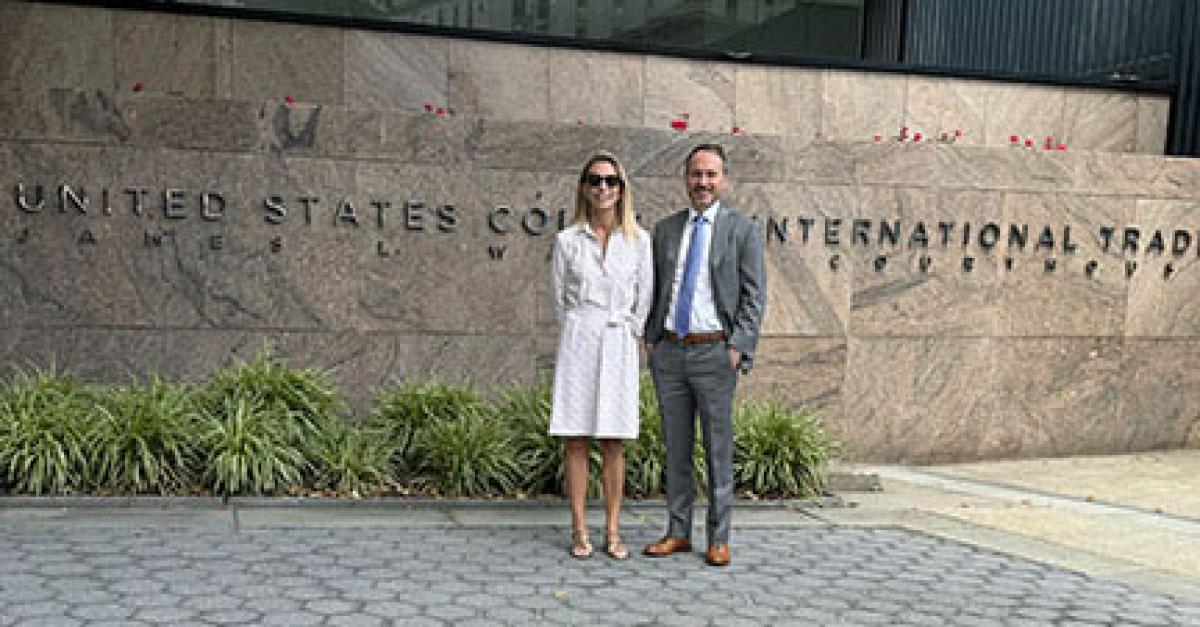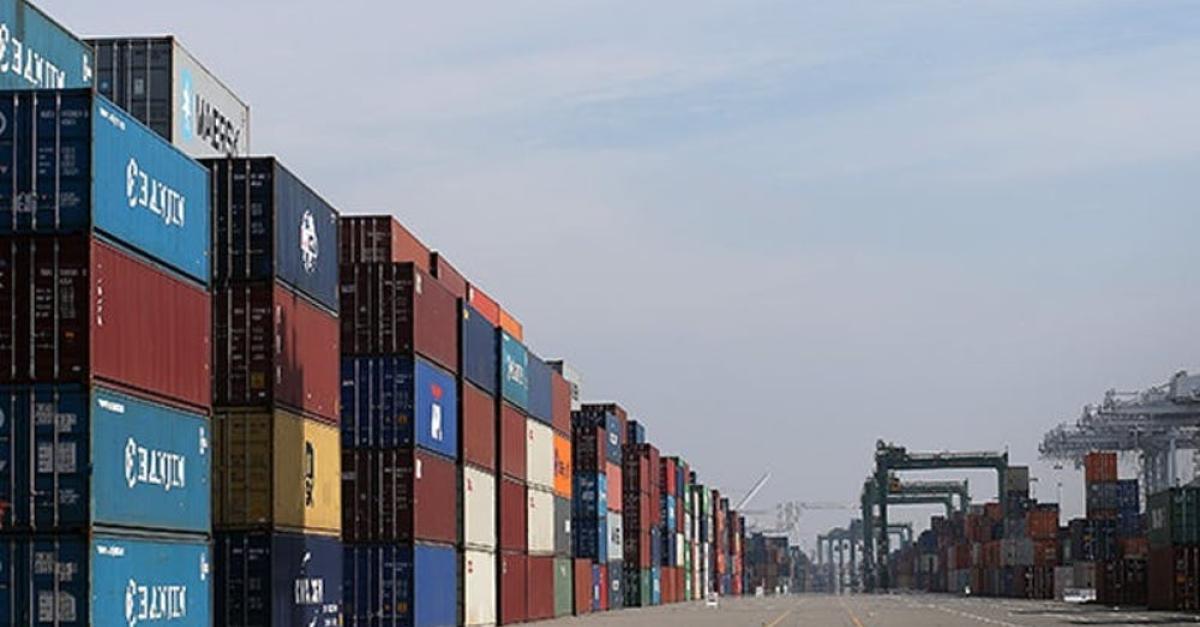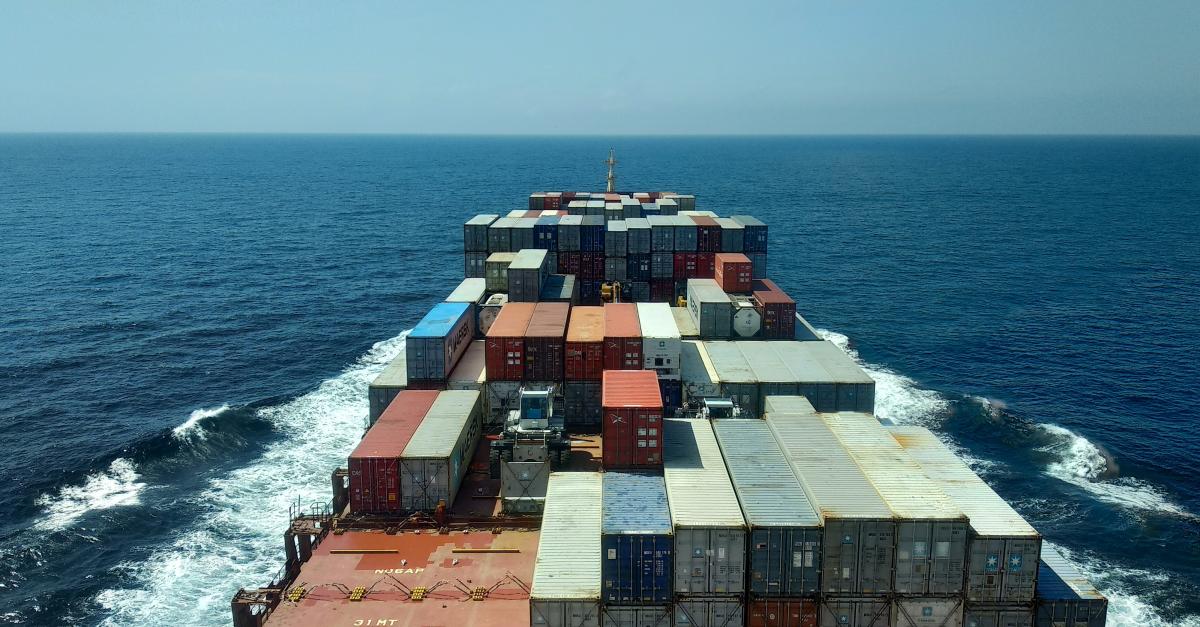On June 24, 2024, the American Kitchen Cabinet Alliance (“AKCA”) participated in an oral argument before Judge Lisa W. Wang at the U.S. Court of International Trade to challenge the final negative determination of evasion reached by Regulations & Rulings (“R&R”), Office of Trade, U.S. Customs & Border Protection (“Customs”), in Enforce and Protect Act (“EAPA”), Case Number 7705. The Customs agency initiated this investigation after the AKCA alleged that a U.S. importer, Scioto Valley Woodworking, Inc. (doing business as Valleywood Cabinetry), was importing Chinese cabinets that had been transshipped through Malaysia by its sister company, Alno Industry SDN BHD. The purpose of this transshipment scheme was to evade the payment of antidumping and countervailing duty orders on Wooden Cabinets and Vanities and Components Thereof from China. During the investigation, Alno admitted to transshipping Chinese cabinets to another U.S. customer. The only question for Customs to decide was whether Alno had also transshipped additional Chinese cabinets to Scioto.
As part of its EAPA investigation, Customs officials flew to Malaysia to verify the information that Alno had submitted about its operations and shipments of cabinets to the United States. During this verification process, Alno failed to cooperate with Customs because it delayed in providing requested documents, failed to submit some documents entirely, deleted relevant emails, and neglected to disclose that Alno had an additional warehouse full of Chinese cabinets destined for transshipment to the United States. Based on this failure to cooperate, Customs initially applied adverse inferences to reach an affirmative determination of evasion. However, as part of an internal agency review process, R&R reversed this initial affirmative determination and found that there was “no evidence” that Alno and Scioto had evaded the payment of duties. In reversing the initial affirmative determination, R&R found that Alno had cooperated to the best of its ability despite all the problems that occurred during the on-site verification process in Malaysia.
At the court hearing, the AKCA’s lawyer, Luke A. Meisner, argued forcefully that the Court should remand R&R’s negative determination. The EAPA statute requires that a foreign exporter cooperate with Customs to the “best of its ability.” However, R&R measured Alno’s conduct using a standard that falls far below the “best of its ability” standard. If left to stand, R&R’s weakening of the standard of conduct will destroy the incentive for foreign exporters to cooperate with Customs in future EAPA investigations. This will prevent EAPA investigations from serving as a tool to combat evasion – ultimately eroding the relief that Congress intended for the antidumping and countervailing duty orders to provide to domestic industries impacted by unfair trade. Mr. Meisner also explained to the Court how R&R ignored or misunderstood substantial evidence demonstrating that evasion had taken place.
The AKCA has brought this case because it believes strongly in holding companies accountable when they violate U.S. trade laws to evade the payment of antidumping and countervailing duties. Now that the case has been heard, the Court will take the case under advisement before issuing its opinion. If the AKCA is successful, the Court will remand the case back to Customs for further proceedings to reconsider the negative determination.
For more information on the AKCA and our trade case, please contact Lisa Samuels, Director of Marketing, at lsamuels@kcma.org


